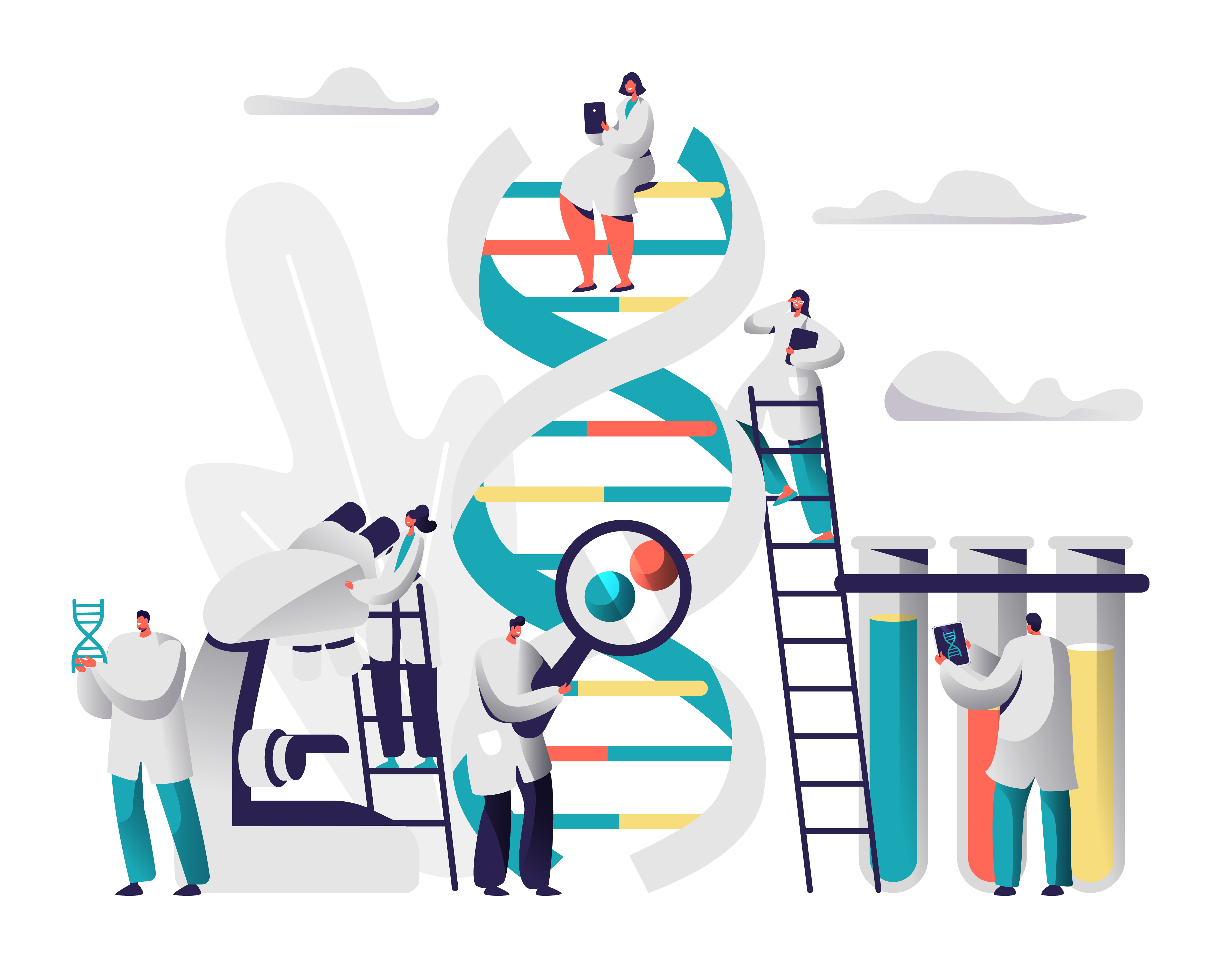The gene-therapy revolution risks stalling if we don’t talk about drug pricing
By Editorial,
Nature
| 04. 25. 2023
“We wish to suggest a structure for the salt of deoxyribose nucleic acid (D.N.A.),” wrote James Watson and Francis Crick in this journal in 1953 (J. D. Watson and F. H. C. Crick Nature 171, 737–738; 1953). “This structure has novel features which are of considerable biological interest.”
In the 70 years since those famous words were published, researchers have poured huge effort into unravelling those features and harnessing them for medicine. The result is a flourishing understanding of the genetic causes of diseases — and a host of therapies designed to treat them.
Seventy years from now, the world might look back on 2023 as a landmark, as well. This year could see the first authorization of a therapy based on CRISPR–Cas9 gene editing, that involves tweaking the DNA in the body’s non-reproductive (somatic) cells. Gene editing allows scientists — and could soon permit clinicians — to make changes to targeted regions in the genome, potentially ‘correcting’ genes that cause disease. Regulators in the United States, the European Union and the United Kingdom are evaluating...
Related Articles
By Mike McIntire, The New York Times | 01.24.2026
Genetic researchers were seeking children for an ambitious, federally funded project to track brain development — a study that they told families could yield invaluable discoveries about DNA’s impact on behavior and disease.
They also promised that the children’s sensitive...
By Arthur Lazarus, MedPage Today | 01.23.2026
A growing body of contemporary research and reporting exposes how old ideas can find new life when repurposed within modern systems of medicine, technology, and public policy. Over the last decade, several trends have converged:
- The rise of polygenic scoring...
By Danny Finley, Bill of Health | 01.08.2026
The United States Food and Drug Administration (FDA) has a unique funding structure among federal scientific and health agencies. The industries it regulates fund nearly half of its budget. The agency charges companies a user fee for each application
...
By George Janes, BioNews | 01.12.2026
A heart attack patient has become the first person to be treated in a clinical trial of an experimental gene therapy, which aims to strengthen blood vessels after coronary bypass surgery.
Coronary artery bypass surgery is performed to treat...




